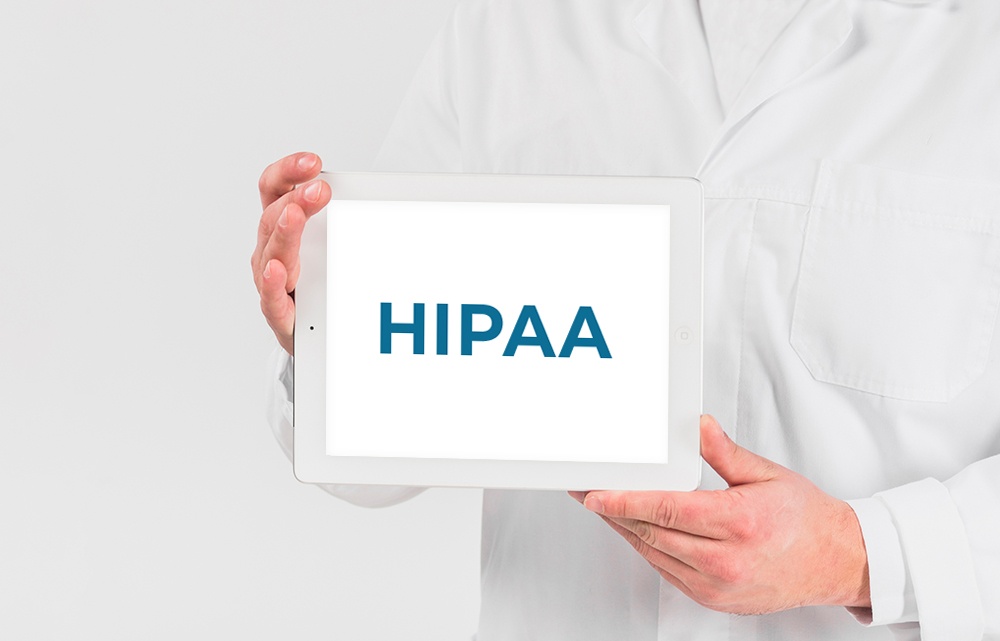HIPAA compliance is essential for healthcare professionals. The federal legislation gives patients greater privacy controls and allows them to keep their data secure. It is essential to ensure that any system or technology you use is conforms to HIPAA rules.

HIPAA compliance is a complicated process, especially for those companies that are trying to understand what HIPAA is and what it means for their business. HIPAA compliance must be met by all healthcare providers and those working employed in the insurance business. It’s crucial to read the regulations thoroughly and ensure all procedures are in place to ensure that you are in compliance. While it can be difficult, following the law is vital. Being compliant will result in more secure data privacy and services, as well as avoiding potential penalties. By knowing what HIPAA covers and taking the required steps, companies can be sure that they are complying with all the measures required under its regulations.
Although HIPAA’s regulations are rigorous, the focus on proper privacy and security measures is on protecting one of our most valuable possessions: our information. Healthcare has increasingly transitioned to digital media such as Electronic Medical Records (EMR) enhanced security measures have been necessary in order to thwart any unintentional or untrue disclosure of patients’ private information. Although guidelines have been developed to safeguard individuals yet they must be followed and strictly enforced. In this regard, HIPAA is always on guard over the issues to ensure the safety of patients and security.
HIPAA is a great security feature for those in the medical profession and patients whose personal information is kept. Covered entities (CEs), and business associates, can decide whether an addressable implementation specification should be employed. The decision is made based on several factors, including an assessment of risks, a mitigation strategy, and existing security measures. It also is based on the price of implementation. CES and BAs have the option to take a look at alternative options or even skip the whole process depending on whether they believe it’s appropriate in their specific situation. HIPAA aids them in making informed decisions regarding data security and protection, thereby establishing an appropriate balance between technological measures and control for the user.
Many businesses are able to reap the benefits of HIPAA compliance. Conforming to regulations under the Health Insurance Portability and Accountability Act, (HIPAA), will help companies safeguard their patients, clients, and customers’ health information. This will ensure that it is safe and secure. Compliance can also guarantee that patients use their medical data exclusively for their benefit as well as the benefit of their healthcare providers. HIPAA compliance permits patients and healthcare providers to make informed decisions about how personal medical data is utilized and handled. They can also rest at ease knowing that their information will not be accessed or modified by other entities without their permission. Furthermore, HIPAA compliance mitigates reputational risk for organizations by helping organizations avoid financial or legal ramifications resulting from mishandling patient information due to the absence of security measures. In the end, observing HIPAA standards ensures a positive patient experience with better protection of sensitive medical records.
Here are some items to think about when thinking about HIPAA compliance. It is crucial to be aware of the law so that you can comply with the law. It is also advisable to consult an expert who can help you determine its meaning and then implement the systems and processes. While it might seem daunting to make sure you are in compliance, it is crucial to ensure the protection of the rights of your patient as well being a way to ensure confidentiality.
To know more, click hitech subtitles
